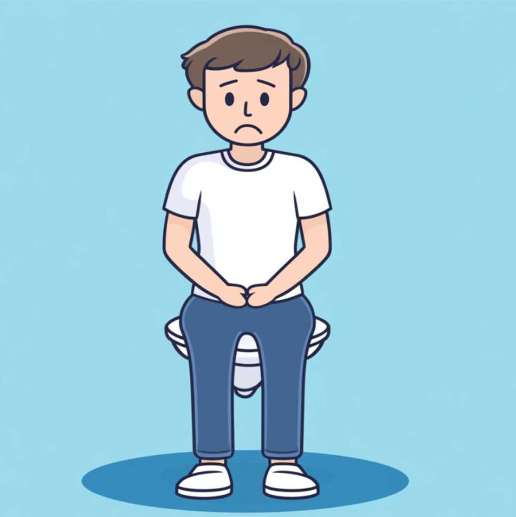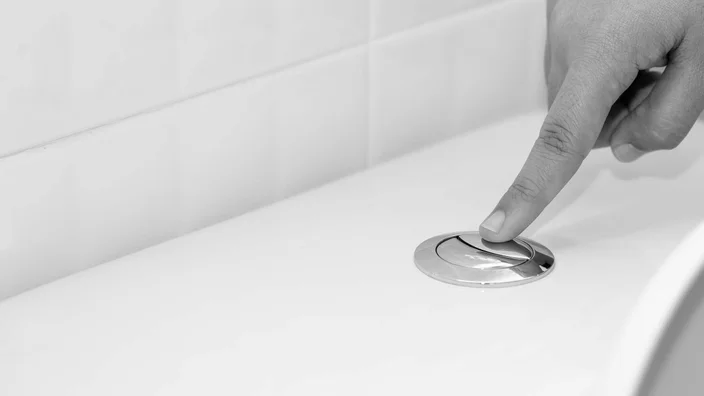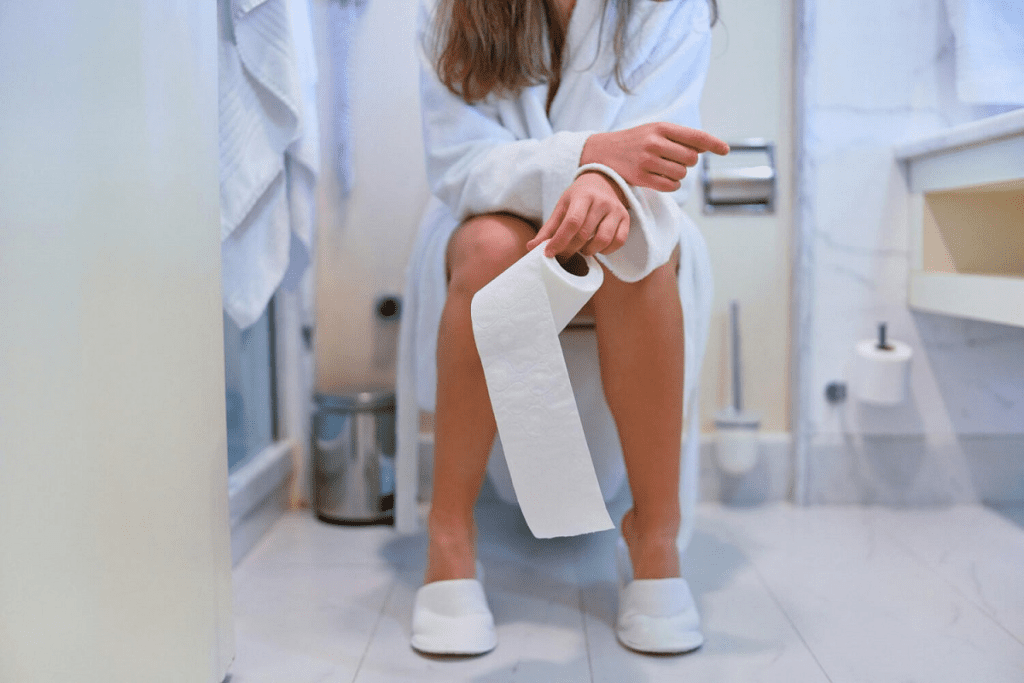The number of times you urinate each day isn’t just a trivial detail; it’s a window into your overall health. From hydration to kidney function, your bathroom habits can reveal a lot about your well-being. Understanding what’s normal and what might signal a problem is crucial for maintaining good health.
Why Urination Frequency Matters

Urinating is a natural way for your body to remove waste and regulate fluids. How often you pee reflects several factors, including your hydration, diet, age, medications, and overall health. Monitoring your urinary habits can help you identify potential issues early, ensuring you stay on top of your health.
Factors That Influence How Often You Should Pee
Several elements can impact how many times you need to urinate in a day:
1. Fluid Intake
It’s no surprise that the more fluids you drink, the more you’ll have to visit the bathroom. Water is the main driver, but other fluids—like tea, coffee, and juice—also contribute to urination frequency.
- Why It Matters: Proper hydration keeps your kidneys functioning well and flushes toxins from your body. However, overhydration can lead to excessive urination, which may deplete essential minerals.
2. Diet
Certain foods and beverages act as diuretics, increasing the urge to pee. Caffeine and alcohol are well-known culprits, but spicy foods, citrus fruits, and artificial sweeteners can also have diuretic effects.
- Why It Matters: While diuretics can be helpful for people dealing with fluid retention, they can also increase your frequency of urination beyond normal levels.
3. Medications
Some medications, especially diuretics prescribed for high blood pressure or edema, can cause you to urinate more frequently. Other drugs, such as anticholinergics and antidepressants, might decrease urination.
- Why It Matters: Understanding the side effects of your medications can help you manage changes in urinary habits and keep you from misinterpreting normal drug effects as health problems.
4. Age
As you age, your bladder’s capacity and elasticity may decrease, leading to more frequent urination, particularly at night (a condition known as nocturia). Older adults are also more prone to conditions like prostate enlargement or weaker pelvic muscles, which can affect urination.
- Why It Matters: Being aware of age-related changes can help you adjust your hydration habits and reduce nighttime bathroom trips.
5. Health Conditions

Underlying health conditions can significantly affect how often you need to pee. For example:
- Diabetes: Excessive thirst and frequent urination are common symptoms.
- Urinary Tract Infections (UTIs): These can cause a sudden and intense urge to pee.
- Overactive Bladder: This condition involves sudden, uncontrollable urges to urinate, even if the bladder isn’t full.
What Is a Normal Urination Frequency?
Medical experts generally agree that urinating 6 to 8 times in a 24-hour period is considered normal for a healthy adult. However, this can vary based on factors like fluid intake, diet, and individual metabolism. Some people may even pee up to 10 times a day without any issues, especially if they drink a lot of fluids.
- What to Remember: There’s no one-size-fits-all answer, but staying within the 6 to 8 range is a good indicator of normal urinary function.
Signs That Something Might Be Wrong
Changes in urination frequency or associated symptoms can be a sign of health problems. Here’s what to watch for:
1. Increased Frequency

If you suddenly need to pee more often than usual, it could be a symptom of conditions like:
- Diabetes: High blood sugar levels can trigger excessive urination.
- UTIs: Frequent urination is one of the first signs of an infection.
- Overactive Bladder: This condition can make you feel the need to urinate urgently, even if your bladder isn’t full.
2. Decreased Frequency
Urinating fewer than 4 times a day may indicate:
- Dehydration: When you’re not drinking enough water, your body retains fluids, leading to infrequent urination.
- Kidney Issues: Problems like kidney stones or failure can reduce urine output.
3. Pain or Discomfort During Urination

Experiencing pain, burning, or discomfort while peeing is a clear red flag. It often signals a urinary tract infection but can also indicate more severe problems, such as bladder or kidney stones.
4. Changes in Urine Color and Odor
Your urine’s color and odor can provide valuable clues about your health:
- Dark Yellow or Amber Urine: This typically means you’re dehydrated.
- Cloudy or Strong-Smelling Urine: These could be signs of infection or dietary imbalances.
If you notice unusual colors, such as pink or red, it could indicate blood in the urine and requires immediate medical attention.
Tips for Maintaining a Healthy Urination Frequency
Now that you know what’s normal and what’s not, here are some ways to maintain healthy urination habits:
1. Stay Hydrated, But Don’t Overdo It

Aim to drink 6-8 glasses of water a day, but listen to your body. Thirst is your best indicator of how much fluid you need. Overhydrating can lead to hyponatremia, a dangerous drop in sodium levels.
2. Limit Diuretics
Cut back on caffeine, alcohol, and other diuretics if you notice excessive urination. This can help stabilize your frequency and prevent dehydration.
3. Manage Health Conditions
If you have diabetes, overactive bladder, or other conditions that affect urination, work with your healthcare provider to manage your symptoms effectively.
4. Strengthen Pelvic Muscles
For those experiencing frequent urination due to weak pelvic muscles, pelvic floor exercises (like Kegels) can help improve bladder control.
Conclusion: Monitor Your Urinary Habits for Better Health
Paying attention to how often you urinate can give you valuable insights into your health. Aiming for 6-8 bathroom trips a day is a good benchmark, but individual needs can vary. If you notice significant changes in frequency, pain, or urine appearance, consult a healthcare professional to rule out underlying issues. By staying aware of your urinary habits, you can maintain better overall health and take action when needed.


